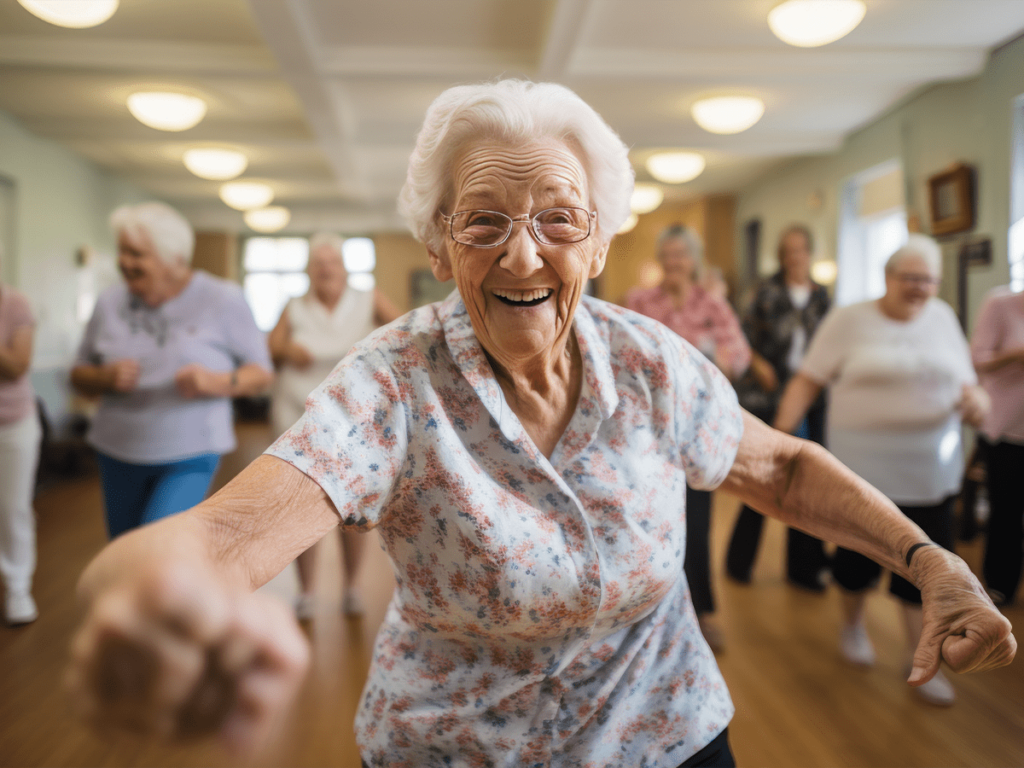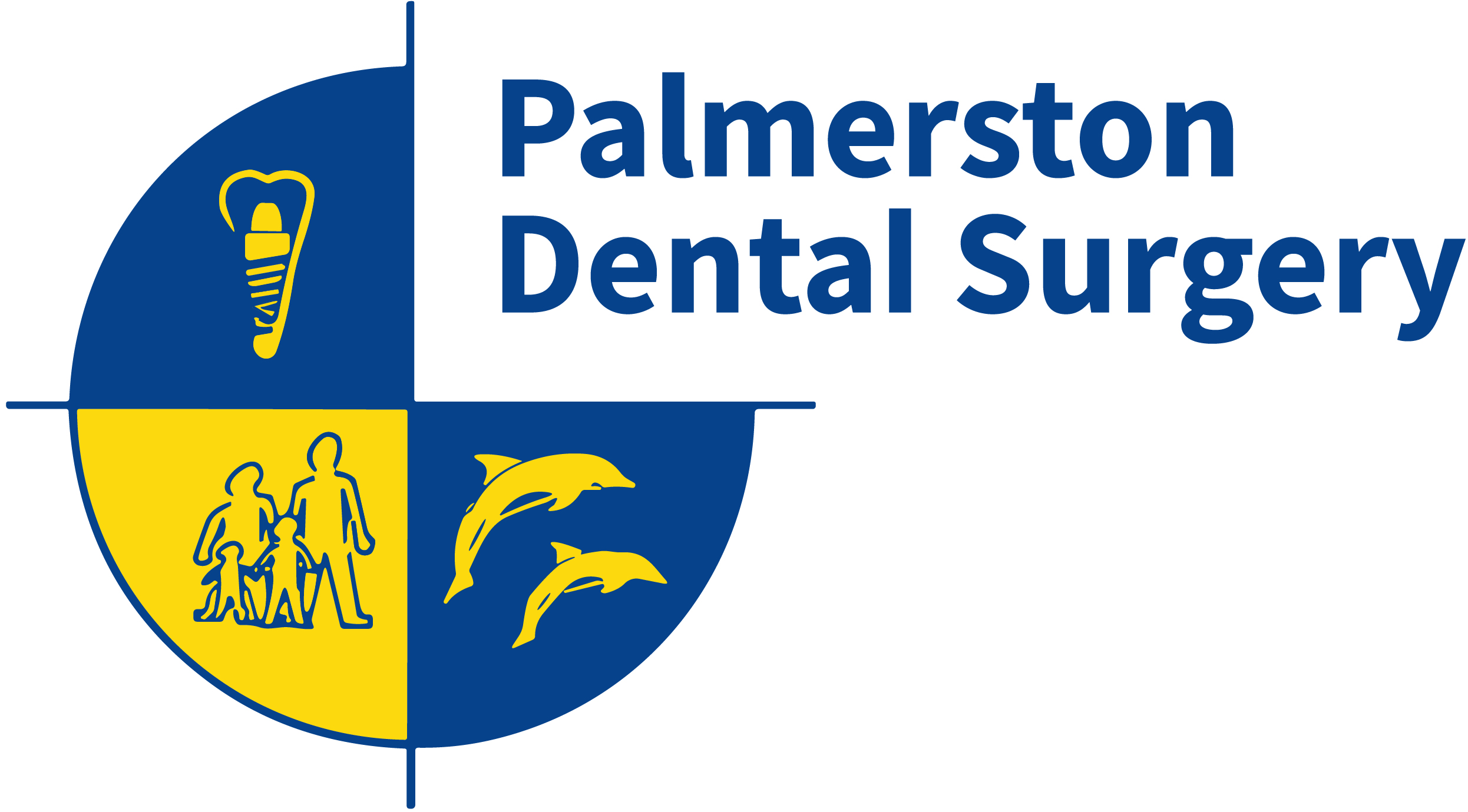Save Your Natural Tooth with Endodontics
A root canal is an important dental procedure that saves your natural tooth and prevents further complications. When a tooth becomes infected or severely decayed, a root canal treatment can effectively remove the infection and restore your tooth to its natural state, in the hope of avoiding a full extraction.
If you’d like to book an appointment to see a member of our team at Palmerston Dental Surgery to discuss the root canal options we offer you can contact us here.
What Is a Root Canal?
Definition of Root Canal Treatment
A root canal is a type of endodontic procedure that treats the inside of the tooth when the pulp (commonly referred to as the nerve) becomes infected or damaged. A root canal procedure involves removing the infected or damaged dental pulp, cleaning and disinfecting the canal and then sealing it to prevent further infection. This helps to preserve the natural tooth structure and avoid more invasive treatments like extraction.


Why Is It Necessary?
Root canal therapy is necessary when the tooth pulp, which contains nerves and blood vessels, becomes inflamed or infected due to deep tooth decay, cracks or chips. If left untreated, the infection can spread leading to an abscess or even systemic health issues. A root canal helps to remove the infection, relieve pain and save the tooth from being extracted.
Signs You May Need a Root Canal

Symptoms of Tooth Infection
There are several signs that may indicate the need for root canal treatment. Common symptoms include:
- Severe tooth pain, especially when chewing or applying pressure
- Persistent sensitivity to hot or cold foods, even after the source is removed
- Swollen or tender gums around the affected tooth
- Discoloration or darkening of the tooth
- Persistent pimple-like swelling on the gums
These symptoms show that the tooth pulp may be infected, and a root canal procedure may be required to remove the infected tissue and restore the tooth.
Preventing Tooth Loss
A root canal is a very effective way to prevent tooth loss. By removing the infected or damaged pulp, the procedure allows you to keep your natural tooth, maintaining both the function and appearance of your smile. Early intervention with endodontic treatment can prevent the need for more invasive procedures, such as tooth extraction and dental implants so if you’re experiencing any discomfort, you should book in to see us at Palmerston Dental Surgery as soon as possible to discuss your treatment options.

The Root Canal Procedure
Initial Assessment and X-rays
The first step in the root canal procedure is an initial assessment by your dentist or an endodontist. This usually includes a thorough examination and X-rays to map the extent of the infection and figure out the condition of the tooth. This step is crucial for planning treatment and making sure the root canal procedure is a success.

Dental Pulp Treatment
Once your dentist confirms the need for a root canal, the next step is to remove the infected or damaged pulp from inside the tooth. Your dentist will use a local anaesthetic to make the procedure more comfortable for you. Then the pulp chamber is accessed through the top of the tooth and the infected tissue is carefully removed. The canal is then thoroughly cleaned and disinfected to get rid of any remaining bacteria and prevent further infection. This stage is essential for treating the infected tooth and relieving pain.
Sealing and Restoring the Tooth
After the pulp has been removed and the canal cleaned, the tooth is sealed with a special material to prevent reinfection. Depending on the extent of the damage, the tooth may also be restored with a crown to strengthen it and restore normal function. This final step in the root canal treatment sees that the tooth remains healthy and functional for many years. The whole root canal procedure typically occurs over 2-3 appointments.
Benefits of Root Canal Treatment
Preserve Your Natural Tooth
One of the benefits of a root canal is that it allows you to preserve your natural tooth. Unlike extraction, which removes the tooth entirely, root canal therapy treats the infection and saves the tooth, maintaining your natural bite and preventing other teeth from shifting out of place.


Relieving Pain and Preventing Future Infection
A root canal effectively relieves the severe pain caused by an infected tooth. By removing the inflamed pulp and sealing the tooth, the procedure prevents the spread of infection to other teeth and areas of the mouth. This not only saves the affected tooth but also protects the surrounding teeth and helps to prolong your overall dental health. If you’re experiencing any discomfort, book in to see our team at Palmerston Dental Surgery in today to discuss the treatment options we offer.
Alternatives to Root Canal Therapy
Tooth Extraction
In some cases, tooth extraction may be necessary if a root canal isn’t viable. However, removing a tooth can lead to other complications, such as shifting of surrounding teeth, changes in bite alignment and the need for further restorative treatments like dental implants or bridges. Root canal therapy is generally preferred because it helps to save the tooth and maintain the natural structure of your smile.
Dental Implants
If a tooth must be extracted due to severe damage or infection, dental implants are a good alternative for tooth replacement. While implants are a strong and durable solution, they’re more complex and invasive compared to a root canal.
Frequently Asked Questions
Restore Your Tooth and Relieve Pain Today
If you are experiencing tooth pain or you suspect you have an infection, don’t wait for the problem to accelerate. Schedule an appointment with us at Palmerston Dental Surgery today to see if a root canal is the right solution for you.

